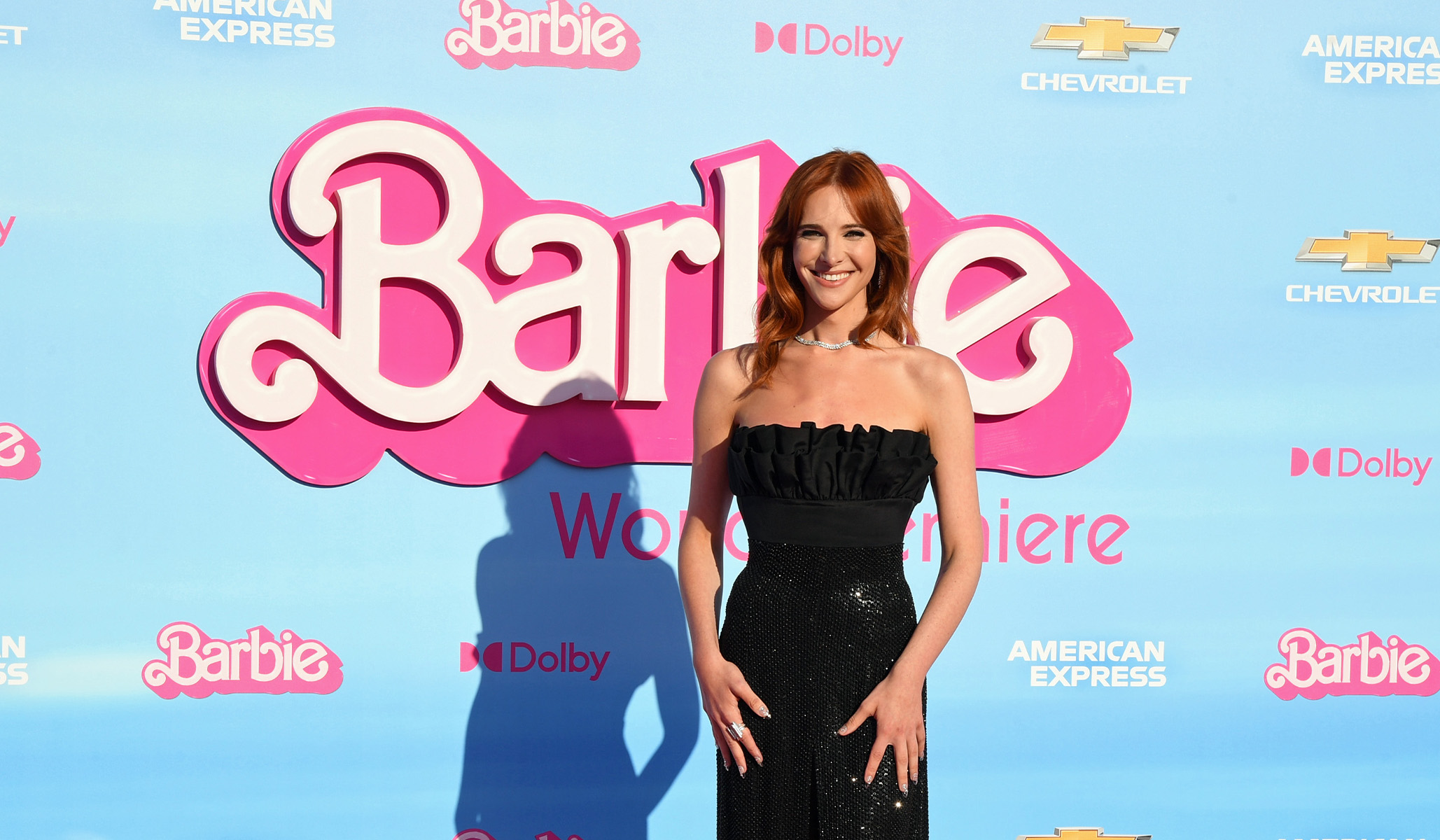


NRPLUS MEMBER ARTICLE I n the new Barbie movie, there is a transgender actor — born a man — who is playing Barbie as a doctor. It’s far from the most important thing in the world, but it’s one of many wake-up calls in the culture today. A 1980s ad campaign (I still have in my head) had girls declaring: “We girls can do anything. Right, Barbie?” It’s just a toy. But taking the girl from Barbie does seem to take away the point of Barbie.
I half-expected to find out that actor Dylan Mulvaney himself was in the Barbie movie. Bud Light is regretting making Mulvaney a spokesman for the once No. 1 beer in America. I suspect that there won’t be the same backlash — people boycotting Barbie as they are boycotting beer. But Barbie seems more significant. As silly as it may seem, for a girl, Barbie introduced beauty — even if very few of us were ever going to look like her — and vocational opportunities. Ken’s head might have popped off, but there was, in the playing with the dolls, something to be said even about interacting with men. Differences were suggested, even if the dolls didn’t have all the accurate parts. (Which seemed appropriate for child’s play!)
The Dylan Mulvaney–ization of Barbie robs girls of something of their own. I have no illusions that Mattel is a beacon of all that is good and innocent about a young girl, but in becoming associated with gender ideology, that aspect of the Barbie world adds to the confusion that children are already drowning in. And pain. It’s hard to be a girl, especially as she grows out of the Barbie years and deals with adolescence. In his initial videos about transitioning, Dylan Mulvaney was outright ridiculing women — including how he was becoming overly emotional. There is something tender and sensitive that women tend bring to the world. That’s needed. Mulvaney on TikTok presents it as basket cases of ridiculousness. Again, not the most important thing in the world. But Bud Light boycotts by beer-drinking Americans may just indicate that people see that all these little cultural things have gone too far.
While you’re drinking your Modelo, a Mexican beer that has benefited from Bud Light’s mistake, consider more-important things going on in the same vein as Mulvaney’s popularity. High-school girls losing opportunities because of adults insisting that boys identifying as girls play on their teams. Doctors pressuring parents to put uncomfortable children on puberty blockers. (It’s happening even before the teen years, but about teens: Adults, do we remember being adolescents? Who among us was not physically unhappy in some or many ways?) Adults — including corporations and entertainment — need to stop exacerbating growing pains.
Gender dysphoria is a real thing and agonizing. But what we are seeing today is more of a cultural contagion. It’s terrifying for parents, and children need healthy cultural and educational signals, not adults working out their own confusion — or making money at their expense.
In an interview with Vogue, Hari Nef, the transgender actor who plays one of the Barbies in the movie, talks about a gay man and his Barbie character. He says his character is not a child’s toy. The only problem with that is that Barbie is a child’s toy. And a girl’s toy. Dream your dreams as an adult, but remember that childhood is a vulnerable time.
I have a childhood memory of a display of international Barbies at Macy’s in Herald Square. They were beautiful dolls with different ethnic dresses. Maybe it’s just a doll, but it was also making a statement about the beauty of women — as women. As you are discovering yourself and the world, those reminders don’t hurt.
We need resources for children who are confused about their identities. (And not to simplify things, but a child might think he’s Batman and parents pressured by doctors don’t make life-changing decisions based on that. Now culture puts other ideas in children’s heads.) Mainstream culture is increasingly adding to their struggle, with adults’ needs and desires often leading the way more than the welfare of children. There are serious implications to sexualizing children in small and more-significant ways. Innocence is worth protecting, as long as possible, so they can be dreaming, creative, learning children.
There is a movie in theaters right now about the sex-trafficking of children — Sound of Freedom. In one scene in it, a man who has become a rescuer talks about the moment when he realized he had just raped a 13-year-old girl. (He thought he had hired a woman for sex, as he had done many times before, never considering she was actually a trafficked child.) He looked into her eyes, he remembers, and saw sadness, and realized he was the reason for the sadness.
The movie focuses on South America, but trafficking happens in the U.S., too. And before you ever get to trafficking, we’ve all heard of — and experienced, perhaps — something as simple as loneliness. The internet today can be a grave danger for a lonely child in these post-pandemic days — with people more serious than Dylan Mulvaney trying to sell children the solution to all their awkwardness and sadness about the cruelties of life in the cafeteria and elsewhere.
Adults need to be adults and let kids be kids. Let Barbie be Barbie. Let there be some innocence. Sometimes the little things can be the most important things in the life of a child with a little dreaming time on her hands.
This column is based on one available through Andrews McMeel Universal’s Newspaper Enterprise Association.
